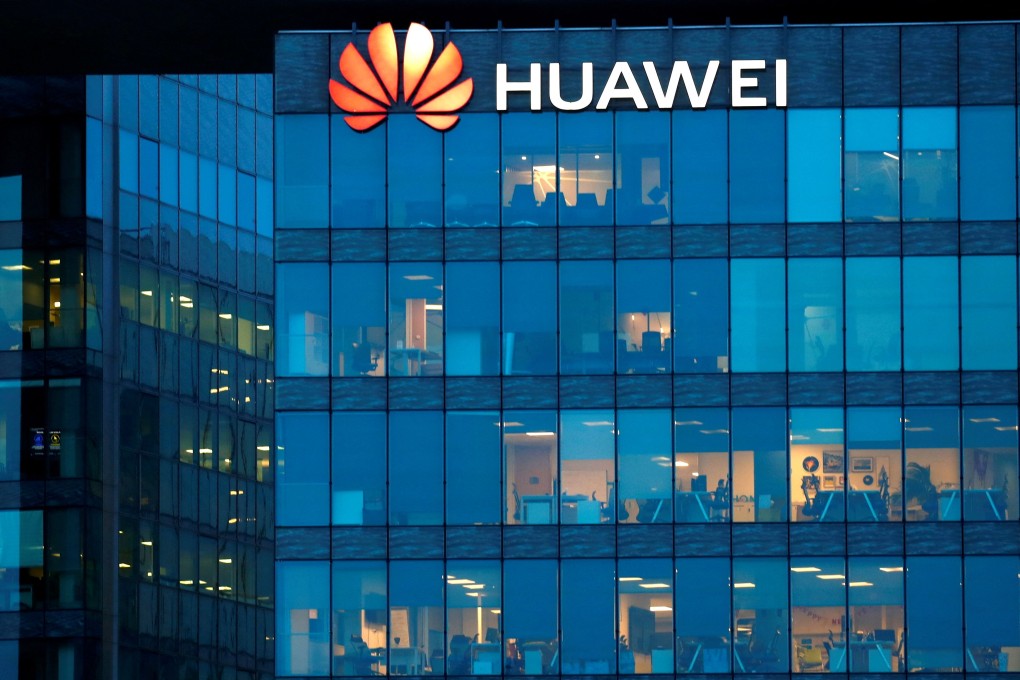Huawei suspends some Russian operations, reports say, treading carefully amid sanctions risks as it weighs options
- China’s largest telecoms equipment maker, already burdened by US sanctions, is furloughing local employees for a month, according to a Forbes Russia report
- Most Chinese companies have continued operations in Russia following its invasion of Ukraine, as Beijing has avoided criticism of Moscow amid closer ties

Huawei has furloughed part of its staff in its Moscow office for a month in April after suspending all orders in the market, according to the report, which was published last week and cited anonymous sources. The company has also cut jobs at the marketing department, but employees from China still came into the office, according to the report.
The Shenzhen-based technology firm declined to comment.
In addition to the Forbes report, local newspaper Izvestia reported this month that Huawei has suspended new contracts since the end of March for supplying network equipment to Russian operators. Some of its employees in Moscow have also been told to work remotely, according to the report. Huawei may reassess its product portfolio in Russia and continue to sell equipment made without US technology, the report said, also citing an anonymous source.
Guo Ping, a vice-chairman at Huawei, said at the end of March that the company was assessing risks to its operations after the Russian invasion.
“We’ve noticed that some countries and regions have issued some policies, and they’re complex and constantly changing. Huawei is still carefully assessing these policies,” Guo said in response to a question about whether Huawei would pull out of Russia to avoid risking additional sanctions.
A number of Chinese firms have been caught in the crossfire from sanctions imposed on Russia by Western countries in the wake of its incursion into its eastern neighbour. Under the US export sanctions, any technology goods made in foreign countries using American machinery, software or blueprints are banned from being exported to the country.